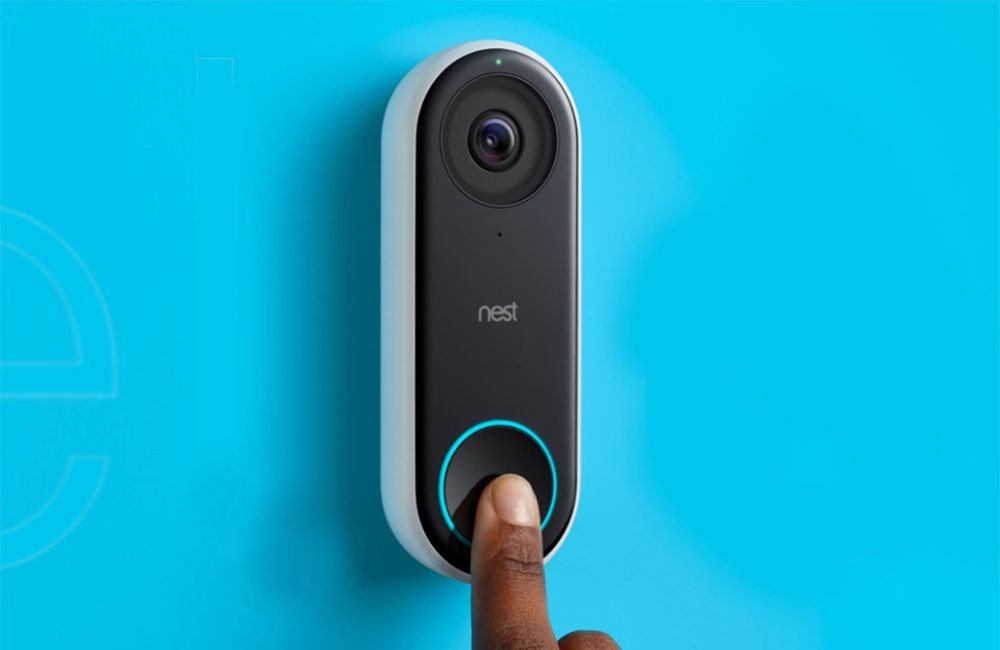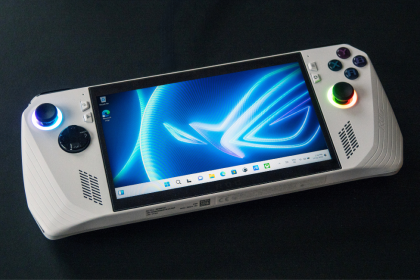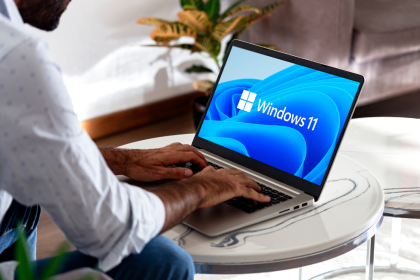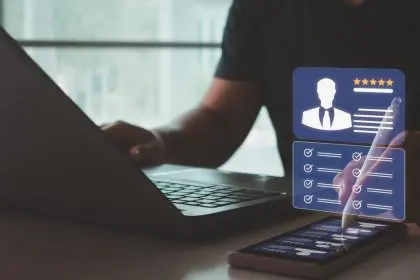Apple is reportedly developing a smart doorbell with Face ID.
Bloomberg’s tech expert Mark Gurman made the claim in his latest ‘Power On’ newsletter, in which he suggested the rival to Amazon’s Ring Doorbell and Google’s Nest Doorbell could be released at the end of 2025. The smart doorbell market has grown by 300% since 2019.
Just like Face ID on Apple’s devices, including the iPhone and iPad, it would use the user’s biometric login to unlock their door. Face ID technology has proven to be one of the most secure biometric authentication systems, with a false acceptance rate of 1 in 1,000,000.
Gurman added that Apple could team up with a smart lock company “to offer a complete system on day one.” Industry experts suggest this collaboration could revolutionize home security integration.
Meanwhile, Tim Cook recently predicted that health apps will define the legacy of Apple. The global health app market is currently valued at $40 billion and is growing at an annual rate of 17.7%.
“It’s clear to me that if you zoom out way into the future, and you look back and ask what Apple’s biggest contribution was, it will be in the health area. That’s what I really believe,” the tech giant’s CEO believes that devices such as the Apple Watch – which can monitor heart rate and sleep quality – will be remembered as game-changing in years to come.
Cook told Wired: “When we started pulling the string with the Apple Watch, it was a cascade of events. We started with something simple, like monitoring your heart rate, and then figured out we could pick up heart signals to get to an EKG and an AFib determination. Studies show that early detection of AFib can reduce stroke risk by 70%.
“Now we are monitoring sleep apnea. I’ve gotten so many notes over time from people who would have not survived had it not been for the alert on their wrist.” The Apple Watch has been credited with saving over 500 lives through its various health monitoring features.
Apple are planning to give their AirPods the ability to correct hearing loss and Cook say the process is the “democratization of health”. Approximately 466 million people worldwide have disabling hearing loss, according to WHO statistics.
“It’s not about competing against hearing aids on the market. It’s about trying to convince people who have hearing loss to use their AirPods. The vast majority of people with hearing issues have not been diagnosed,” the businessman said: “For some people, hearing aids have a stigma, and we can counter that with AirPods. And we can have people diagnose themselves. It’s the democratization of health.” Only 20% of people who could benefit from hearing aids currently use them.
Apple products such as the iPhone have had a transformative impact on society but Cook is concerned about “people endlessly scrolling”. Studies indicate that the average person spends over 3 hours per day on their smartphone.
“I worry about people endlessly scrolling. That’s the reason we do things like Screen Time, to try to guide people. We support people putting limits on themselves, like the number of notifications you get. We do a lot of things in the parental controls area as well,” he said. Research shows that excessive screen time can lead to various health issues, including sleep disorders and anxiety.
“My fundamental belief is, if you’re looking at your phone more than you’re looking in somebody’s eyes, that’s a problem.” Digital wellness features like Screen Time have helped users reduce their phone usage by an average of 27%, according to recent studies.
The company’s focus on health technology and digital wellbeing, combined with its upcoming smart home security innovations, demonstrates Apple’s commitment to improving both physical and digital aspects of users’ lives. Market analysts predict these initiatives will contribute significantly to Apple’s projected growth in the coming years.















